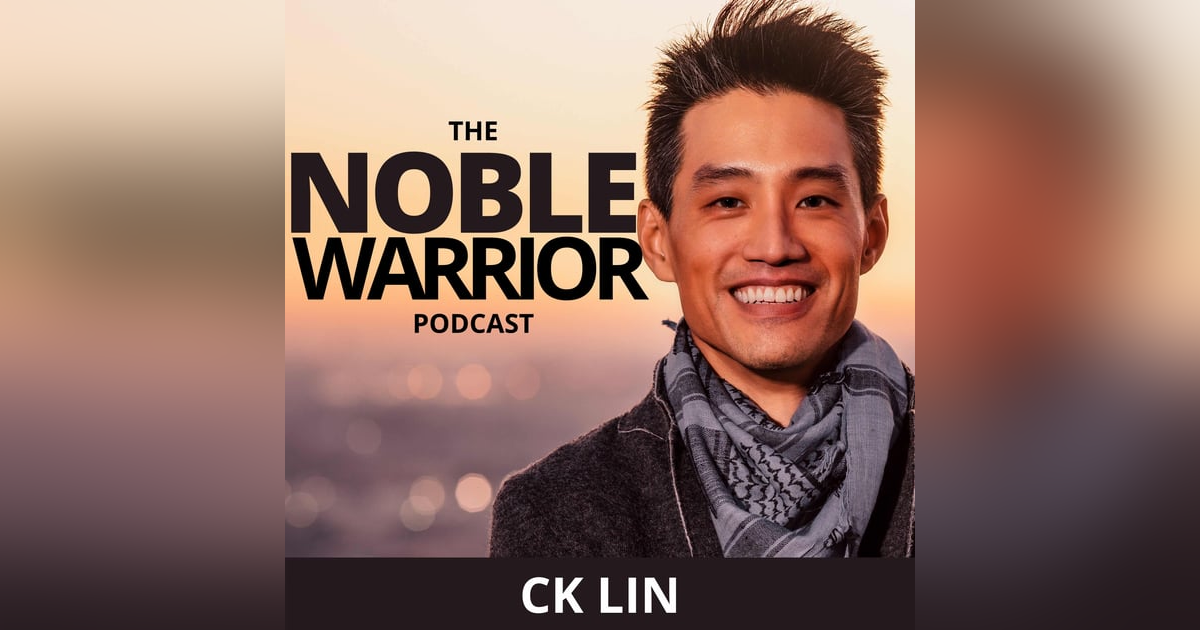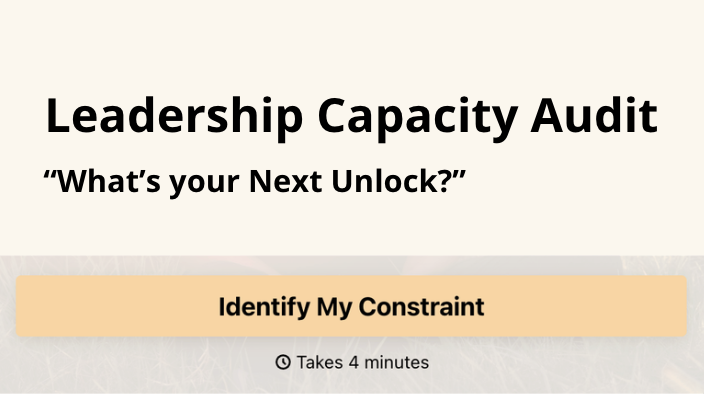May 28, 2020
069 Kimberly Han: Developing Communities, Facilitating Interactions, and Building Relationships
My guest, Kimberly Han, has coached 50+ international chapter leaders to run their local communities and grew a movement from 8 people to 3000+ people. She is well-known as an effective and powerful community builder. We discuss the best strategies for creating communities from scratch, how to make those communities thrive, and how to maintain and develop genuine human relationships.
TOPICS WE DISCUSSED
- My Friend Helped Me Break Out Of My Comfort Zone
- How Can I Cultivate Meaningful Friendships?
- Using Your Curiosity To Delight Others In A Group
- How Can I Be Intentional When Building Relationships?
- How Can I Be Intentional When Building Relationships?
- Finding The Right People To Start Your Community
- Creating A Community With a Team of Builders
- Cultivating Connections Within Your Community
- How To Use Walking Meditation To Get People Comfortable With Human Connections
- Using Creative Experiments To Facilitate Group Connections
LINKS
Get full access to Infinite Flow at cklin.substack.com/subscribe


















